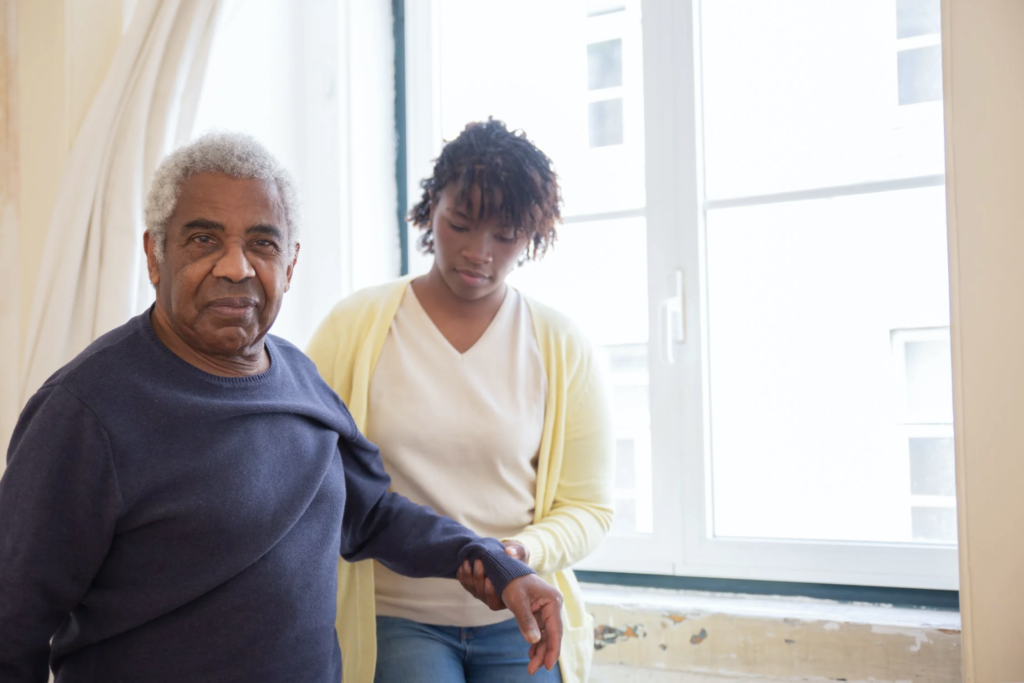

Here are some tips from Dr. Stacy to help caregivers give their best while also taking care of themselves.
What does it mean to be fit? For many of us we automatically imagine particular body weight, maybe a blood pressure, or how our body responds to sugar. Lots of us go right to what we look like or how physical systems work.
But in reality how fit we really are is a feeling. Yes the physical body is an important part of tracking fitness, but how fit we feel is about a feeling.



